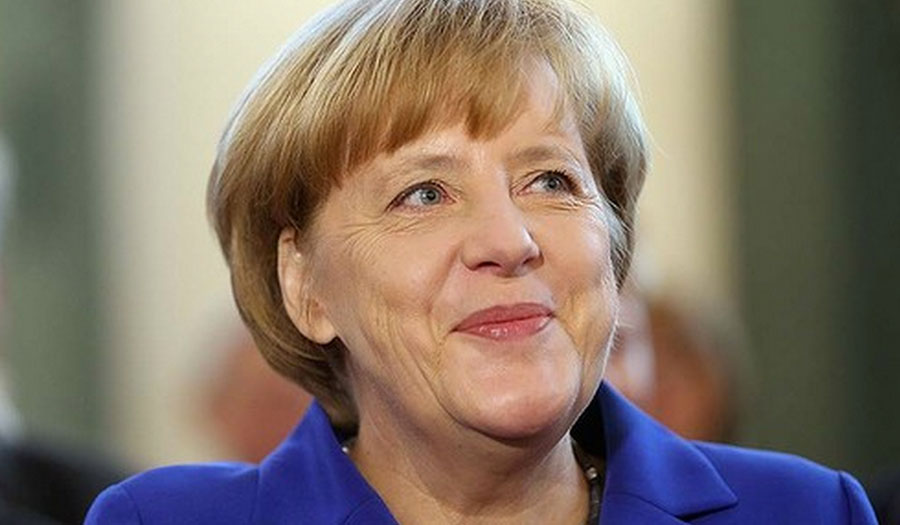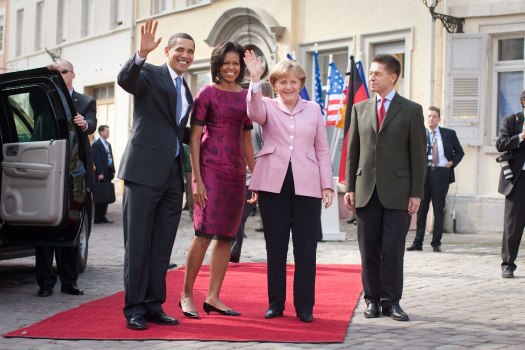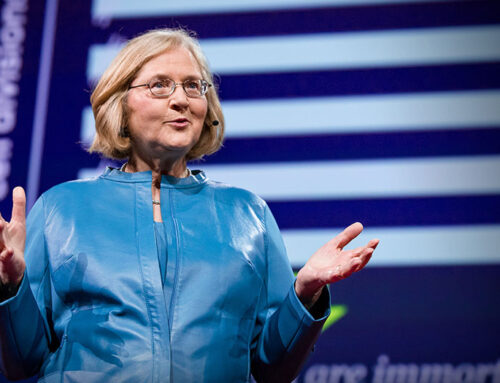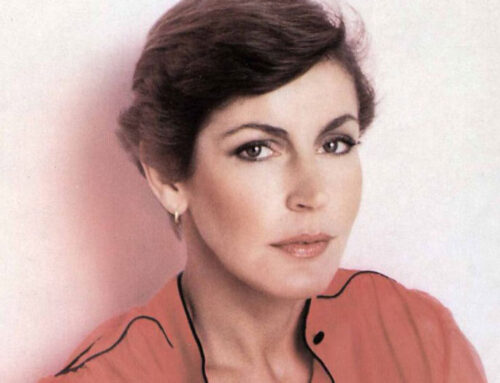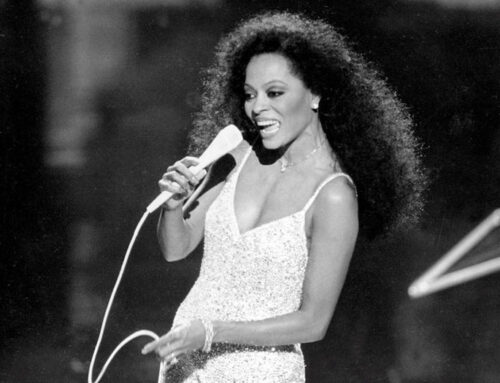Angela Merkel is currently Chancellor of Germany. She is also the leader of the Christian Democratic Union (CDU). Merkel has been described as the de facto leader of the European Union, the most powerful woman in the world, and the Leader of the Free World.
Born in 1954, in Hamburg, the eldest of three children. Her father was a Lutheran pastor and a native of Berlin, and her mother was born in Danzig (now Gdańsk, Poland), a teacher of English and Latin.
At school, she learned to speak Russian fluently, and was awarded prizes for her proficiency in Russian and Mathematics. Merkel was educated at the University of Leipzig, where she studied physics from 1973 to 1978.
Near the end of her studies at university of Leipzig, Merkel sought an assistant professorship at an engineering school. As a condition for getting the job, Merkel was told she would need to agree to report on her colleagues to the Stasi, GDR’s secret police. Merkel declined, using the excuse that she could not keep secrets well enough to be an effective spy.
Merkel worked and studied at the Central Institute for Physical chemistry of the Academy of Sciences in Berlin-Adlershof from 1978 to 1990. After being awarded a doctorate (Dr. rer. nat.) for her thesis on quantum chemistry, she worked as a researcher and published several papers.
The fall of the Berlin Wall served as the catalyst for Merkel’s political career, joining the new party Democratic Awakening which ultimately merged into CDU
Merkel stood for election at the 1990 federal election, the first since reunification, and was elected to the Bundestag. She has won re-election for this constituency at the six federal elections since.
After her first election, she was almost immediately appointed to the Cabinet, serving as Minister for Women and Youth under Chancellor Helmut Kohl.
In 1994, she was promoted to becoming Minister for the Environment and Nuclear Safety, which gave her greater political visibility and a platform from which to build her political career.
Following the 2005 federal election, Merkel was appointed Germany’s first female Chancellor at the head of a grand coalition. In the 2009 federal election, the CDU obtained the largest share of the vote and Merkel was able to form a coalition government.
In 2007, Merkel was President of the European Council and chaired the G8, the second woman to do so. Merkel played a central role in the negotiation of the Treaty of Lisbon and the Berlin Declaration. One of Merkel’s consistent priorities has been to strengthen transatlantic economic relations. Merkel played a crucial role in managing the financial crisis at the European and international level, and she has been referred to as “the decider.” In domestic policy, health care reform, problems concerning future energy development and more recently her government’s approach to the ongoing migrant crisis have been major issues during her Chancellorship.
L-R: Barack Obama, Michelle Obama, Merkel, and her husband, Joachim Sauer, 2009
At the 2013 federal election, Merkel’s CDU won a landslide victory.
On 26 March 2014, Merkel became the longest-serving incumbent head of government in the European Union and she is currently the senior G7 leader.
In the 2017 federal election the CDU again became the largest party, and she was reelected to her fourth term.
In May 2016, Merkel was named the most powerful woman in the world for a record tenth time by Forbes.

